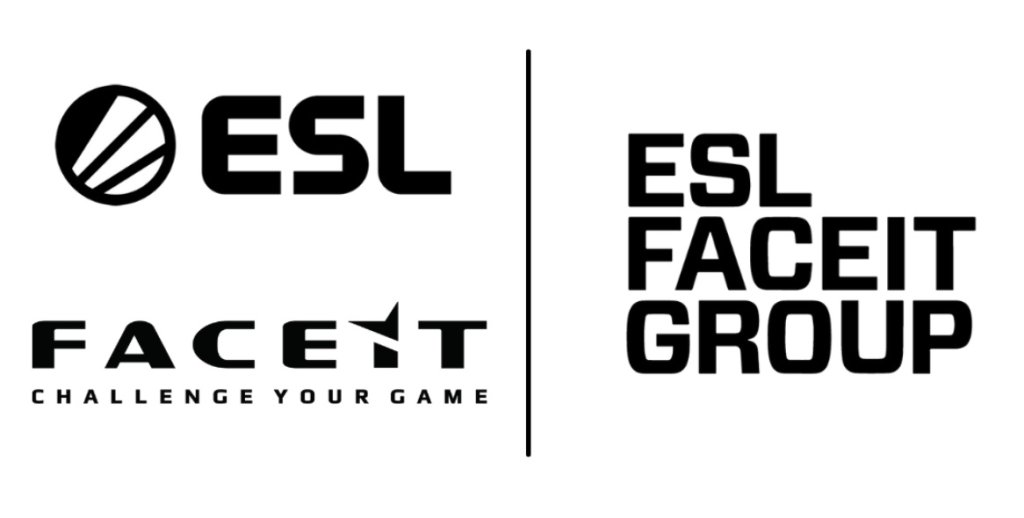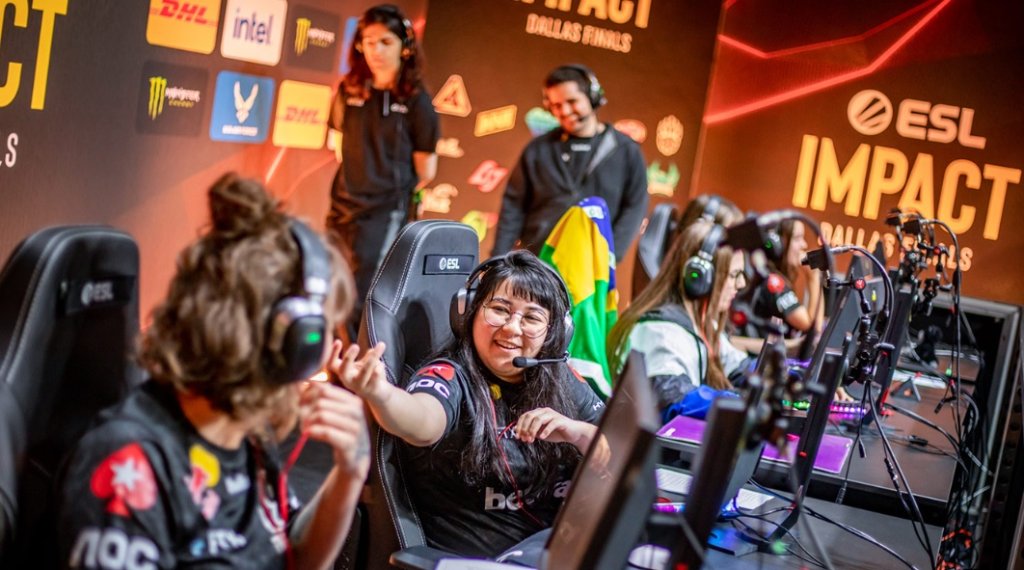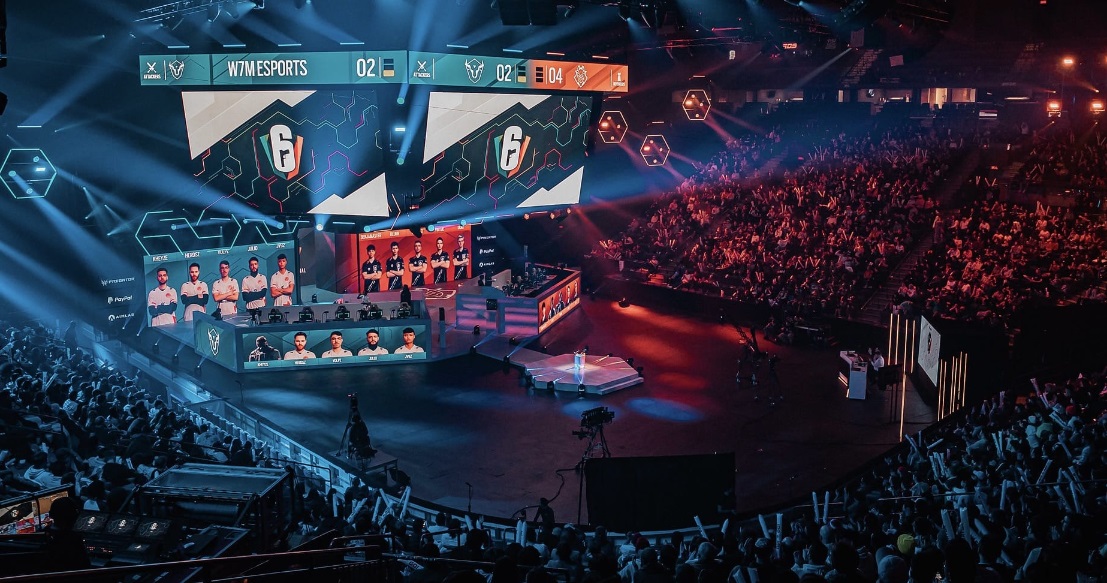In 2024, video game publishers are shifting their focus from internally managing esports competitions to delegating these responsibilities to tournament operators, signaling the start of a new era for the industry.
This transition not only marks the end of an era but also presents an opportunity for the industry to become more sustainable in the long term, provided it’s not too late.
The Rise and Fall of Publisher-Owned Esports
During the heyday of esports, publisher-owned events and competitions were the dominant business model in the industry.
Companies like Riot Games and Activision Blizzard charged investors millions of dollars in franchise fees for the right to have teams in internal leagues such as the Overwatch League and the League of Legends Championship Series (LCS). They then spent millions of their own resources to produce spectacular world championships and flashy live events.
Transition to Third-Party Management
However, over the past 12 months, publishers have made it clear that they are looking to divest from esports. Instead, they are forming partnerships with third-party providers to manage their competitions.
While Activision Blizzard still operates the Call of Duty League with a reduced team, they have handed over “Overwatch” and the lower tiers of “Call of Duty” esports to the ESL/FACEIT group.

Another prominent tournament operator is the Danish company Blast, which has deepened its financial ties with publishers such as Ubisoft and Epic Games in 2024.
Riot Games’ Collaboration with Tournament Operators
Recently, Riot Games, considered the most committed game publisher to esports, expressed its willingness to collaborate more closely with tournament operators. This includes allowing teams to compete in “League of Legends” and “Teamfight Tactics” at the Esports World Cup, an event produced by the ESL/FACEIT group owned by Saudi Arabia.

Reasons Behind the Transition
For game publishers, who have considered esports more as a marketing expense than a true revenue stream, working with third parties to run their esports makes sense in 2024. This allows them to reap all the benefits of an active esports scene, which drives player engagement and in-game purchases, without having to spend millions of dollars on league and event production.
Advantages for Tournament Operators
For tournament operators, the rise of the third-party model creates more opportunities to generate revenue through partnerships with publishers. When publishers managed their own esports leagues, these tournament operators were sidelined. Today, there is more than enough business for everyone.
Embracing the Third-Party Model: Shaping the Future of Esports
The resurgence of the third-party model is, in some ways, a return to the way the esports industry was originally structured in its early days. As publishers and tournament operators navigate this new landscape, the future of esports will undoubtedly continue to evolve, driven by collaboration and innovation.

